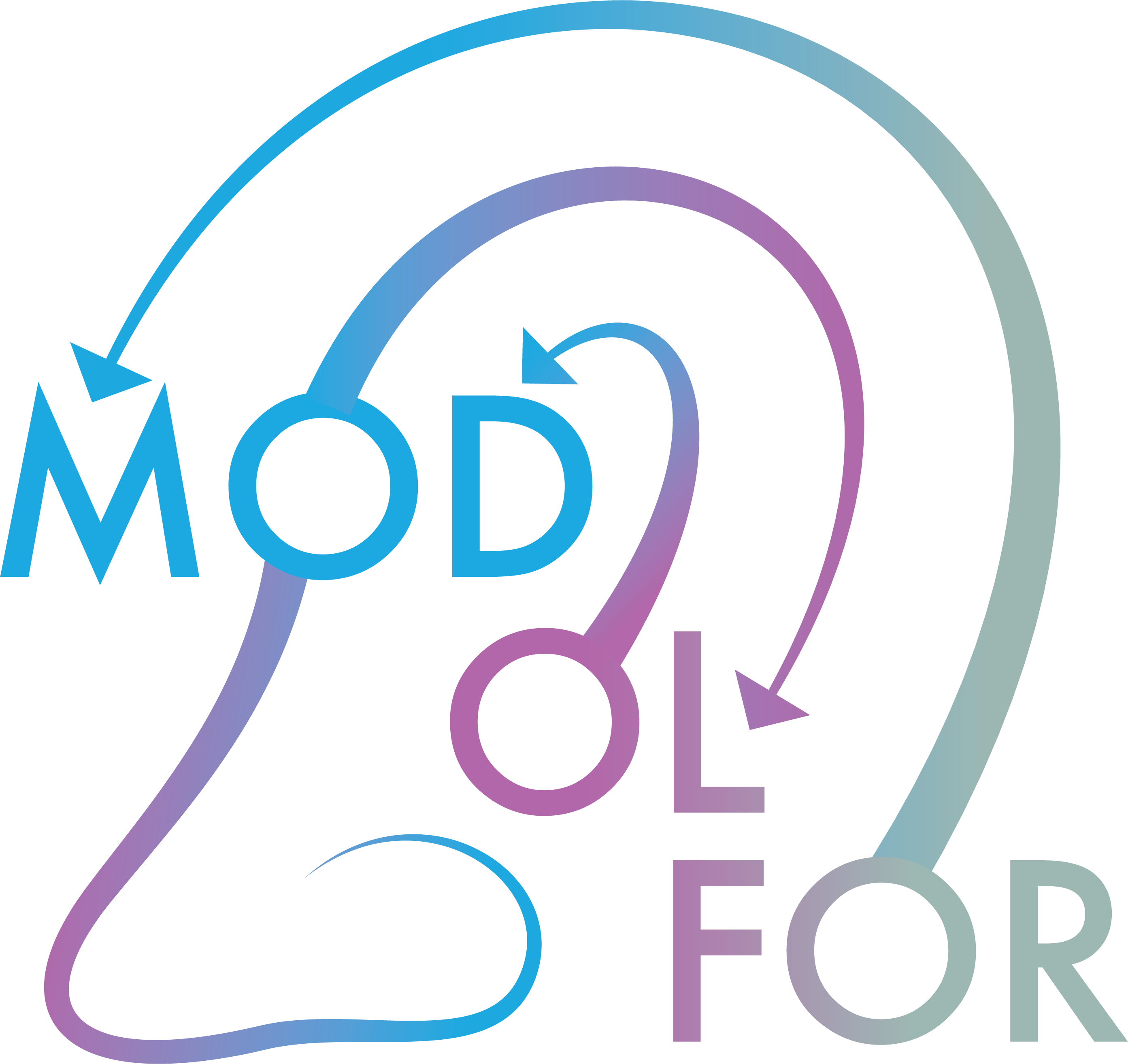
Dr Katrin Vogt successful subproject leader of a new DFG research unit
The DFG is funding the research unit "Modulation in Olfaction: How Recurrent Circuits Govern State-Dependent Behaviour". Neurobiologist Dr Katrin Vogt from the Centre for the Advanced Study of Collective Behaviour is involved as a subproject leader.
The German Research Foundation (DFG) is establishing seven new research units and two new collegiate research units. That is the result of the DFG Annual Meeting of the DFG's Joint Committee on 28 June 2022 in Freiburg im Breisgau on the recommendation of the Senate. Among the funded is the project "Modulation in Olfaction: How Recurrent Circuits Govern State-Dependent Behaviour", led by spokesperson Professor Dr Veronica Egger, University of Regensburg.
"Most studies so far have explored how information is transmitted from sensory input deeper into the brain and how it is processed to inform motor output“, explains Dr Katrin Vogt. "In the research group, we now want to understand more precisely how and what information comes back from the deeper brain into the sensory periphery, focusing on the olfactory system. We propose that these recurrent connections allow us to react flexibly in new situations, such as unfamiliar surroundings or under stress."
The research unit, based at nine German universities and in London, consists half of vertebrate researchers (mouse/rat) and half of invertebrate researchers (insects). "We will compare recurrent modulatory processing mechanisms between invertebrate and vertebrate models, which will allow us to identify conserved network principles“, says Vogt.
Her own subproject investigates hunger-dependent recurrent serotonergic modulation of the antennal lobe (similar to the olfactory bulb in humans) in the fly larva. Together with a doctoral student, Dr Katrin Vogt plans to explore what information is conveyed via this recurrent connection and how the information is integrated in the antennal lobe at the synapse or receptor level.

